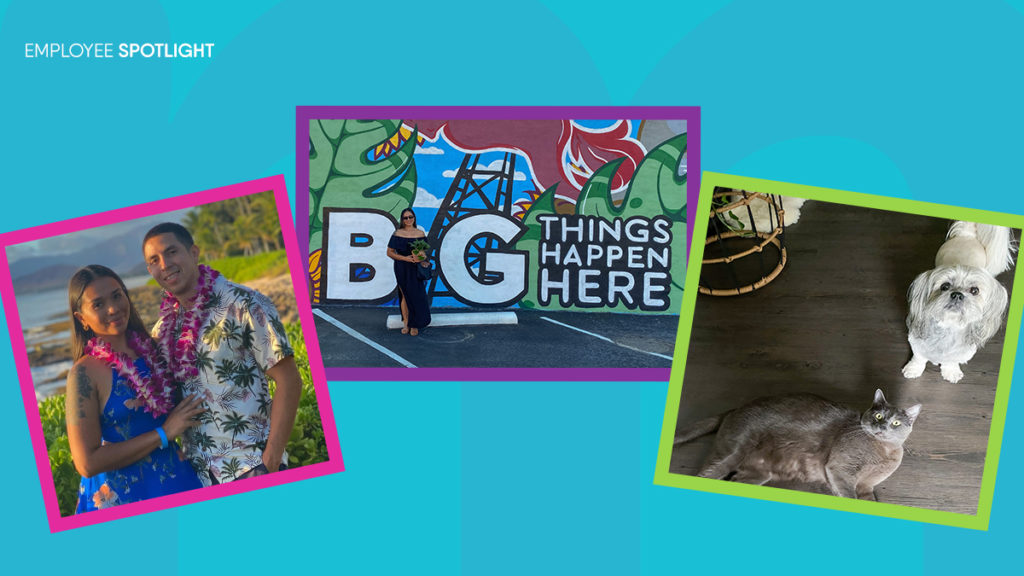[OCTOBER 2017] “Near me” Searches on Google are Declining – What that Means for Local Businesses
Industry Update – Local Search
Searching for nearby businesses used to mean almost always using geo-modifiers in the search query. However, while mobile searches for businesses continue to increase, the use of geo-modifiers has actually declined since 2015, according to Google. Over the past two years, searches for local places without the qualifier “near me” has increased 150 percent.

Google says the shift toward dropping location modifiers is “because people know that the results will automatically be relevant to their location.” While some searchers still include modifiers, the declining use of qualifiers like ZIP codes, neighborhoods and “near me” shows that users now expect Google to deliver local content based on their location and assume Google knows when a search has local intent.

Source: Google Trends
What this means for local businesses and multi-location brands
It’s important to keep in mind that implicit local searches (searches that don’t have a geo-modifier but are still likely to be for something nearby) are not only growing but have always had a higher base volume compared to explicit local searches (searches with geo-modifiers like “near me”).
It is also important to know Google treats implicit and explicit searches differently. Here’s a look at three searches, two with a geo-modifier and one with just the search subject.

These are three very similar searches that a local consumer looking for a financial advisor is likely to conduct. While there’s some overlap, the three search results vary quite a bit despite the similarity between searches.
- “financial advisors near me” returned four paid search ads followed by the local map pack. The top three organic results (not pictured) were for news and industry sites, not specific financial advisors.
- “financial advisors peoria il” returned a search engine result page (SERP) with a local map pack up top, followed by organic search results. No ads were visible until the bottom of the page after the organic results.
- “financial advisors” returned a similar SERP to the first search but had no overlap in the brands appearing in the paid search section and had a different brand in the third local map result.
Related – Rank ‘em: How Financial Brands Stack Up in Search Engine Results
Search queries (and therefore the results they return) can also vary based on the characteristics of the consumers conducting them:
- Proximity: Where the consumer is physically located
- Intent: What stage of the buying cycle they’re in
- Behavior: What online actions they’ve already taken related to the search
What local businesses and multi-location brands should do now
Diverse results for similar searches shows that Google considers a myriad of factors when ranking local search results. Since Google looks at a variety of factors to determine which brands are most relevant for each search, local businesses need to embrace a holistic and robust approach to maximize their visibility in local search results.
Brands who find success connecting with local searchers employ a strong mix of strategies including:
- Local listings management
- Localized paid search campaigns
- Optimized local landing pages
- Review management and monitoring
Related – [Video]: Taking Control of Your Presence on Google
Want to learn more?
Check out these resources for more information on how your brand can improve its presence in local search results.
[Guide]: 5 steps to optimize your brand’s presence for local searches on Google
Dominate Google’s Search Results by Following these 3 Steps
3 Ways to Control Multi-location Search Competition in the Same Market
The Best Way for Multi-Location Brands to Manage Local Business Data
The Latest from Google: September 2017
Need help connecting with local searchers?
Contact Mindstream Media Group today to learn about our local search marketing solutions.
More from Mindstream Media Group

Meet the Mindstreamer – Chandler Swanner
Chandler Swanner’s interest in advertising dates back to her childhood. Her mother (and role model in life) was a Media […]

Third-Party Cookie Phase-Out: What Marketers Need to Know
Cookies are an essential part of internet usage, allowing websites to remember you and provide a more personalized experience. This […]

Meet the Mindstreamer – Kaya Bucarile
She plans and oversees media strategy for agency clients, working closely with project and platform managers to ensure that we […]
